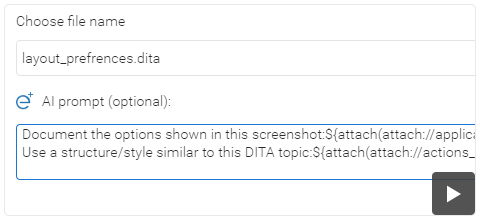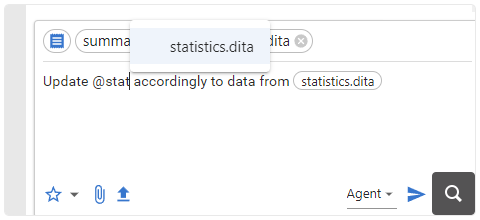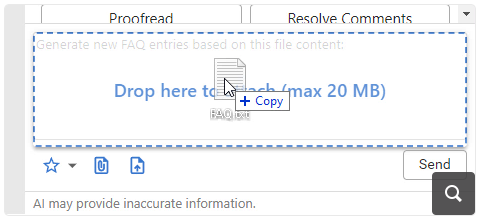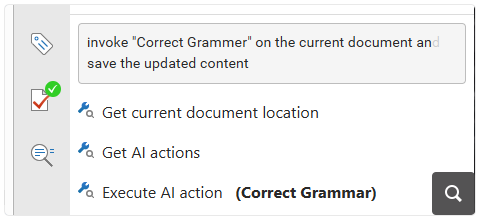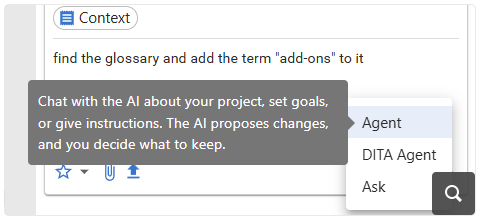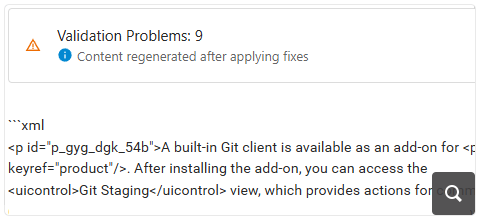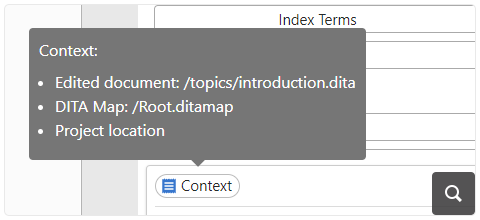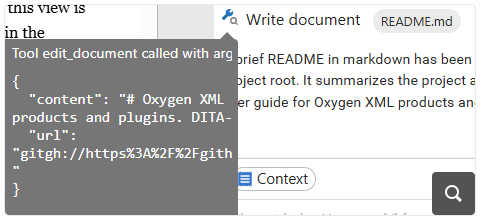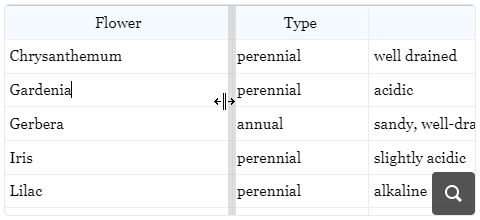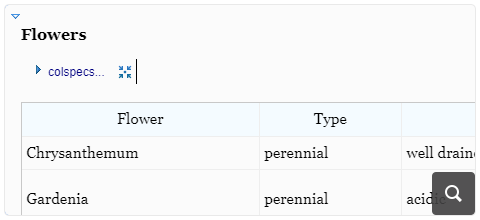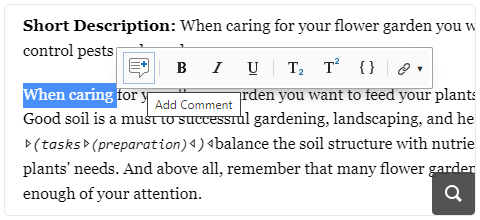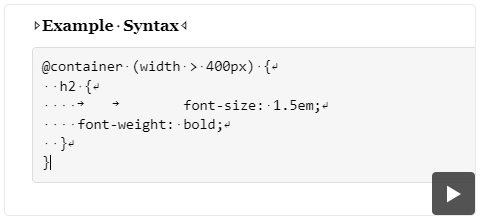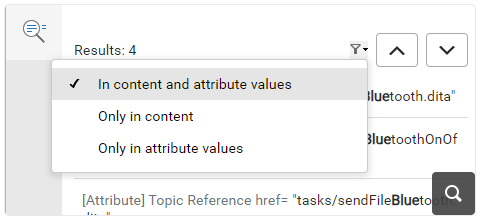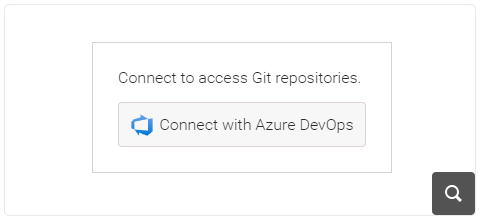2026
28.0.0Version 28.0.0 - November 26, 2025
- 27.1.0
Version 27.1.0 - March 24, 2025
2025
27.0.0Version 27.0.0 - November 27, 2024
- 26.1.0
Version 26.1.0 - March 25, 2024
2024
26.0.0Version 26.0.0 - October 11, 2023
- 25.1.0
Version 25.1.0 - March 16, 2023
2023
25.0.0Version 25.0.0 - October 13, 2022
- 24.1.0
Version 24.1.0 - March 7, 2022
2022
24.0.0Version 24.0.0 - October 18, 2021
- 23.1.1
Version 23.1.1 - July 12, 2021
- 23.1.0
Version 23.1.0 - March 4, 2021
2021
23.0.0Version 23.0.0 - November 19, 2020
- 22.1.0
Version 22.1.0 - May 19, 2020
- 22.0.0
Version 22.0.0 - February 12, 2020
2020
21.1.1Version 21.1.1 - October 24, 2019
- 21.1.0
Version 21.1.0 - May 23, 2019
- 21.0.0
Version 21.0.0 - February 22, 2019
2019
20.1.0Version 20.1.0 - June 15, 2018
- 20.0.0
Version 20.0.0 - March 16, 2018
2018
- 19.0.0
Version 19.1.0 - September 29, 2017
Version 19.0.0 - April 5, 2017 2017
- 18.0.0
Version 18.1.0 - October 18, 2016
Version 18.0.1 - August 9, 2016
Version 18.0.0 - April 21, 2016
Version 18.0 - April 21, 2016 - 18.0
Version 18.1.0 - October 18, 2016
Version 18.0.1 - August 9, 2016
Version 18.0.0 - April 21, 2016
Version 18.0 - April 21, 2016
What's New in Oxygen XML Web Author 28.0.0
The release of Oxygen XML Web Author 28 focuses on delivering AI-assisted authoring, DITA-centric workflows, and enhanced enterprise integration capabilities within the web-based solution for editing and reviewing XML content in any modern web browser. It adds deeper integration with Oxygen AI Positron 8.0, streamlines editing and review tasks, and strengthens security for large organizations.
There are changes in:
Oxygen AI Positron for Web Author
Expanded AI Service Integration
- Default model update: GPT-4.1 is now the default OpenAI model, providing faster, larger-context processing with improved accuracy.
- Google Gemini Connector: Integrate directly with Google’s Gemini models for natural language and multi-modal tasks.
- Google Vertex AI Connector: Use the new Vertex AI service connector to integrate enterprise AI workflows via Google Cloud.
- AWS Bedrock Connector: Get instant access to enterprise-grade AI models, real-time streaming responses, and multi-modal capabilities.
- xAI Grok Integration: Enterprise users can now connect the OpenAI-compatible Grok engine for AI-powered interactions.
- Custom Connector Add-on: Connect to any REST-based AI service using the new Oxygen AI Positron Custom Connector, which supports OAuth Client Credentials authentication and custom query parameters.
AI-Powered New File Creation
Uncluttered Chat Input Area
Attach Files to the Conversation Using Drag/Drop or Copy/Paste
Attach Word, PowerPoint, and PDF Files
Dedicated Word (.docx) Attachment Handling
Persistent Chat Across Editors
Compact AI Message Presentation
Improved All AI Action Prompts
AI-based DITA Conversion, Analysis, and Update Tools
Reference AI Actions in Chat Prompts
Invoke correct grammar on the current
document and save the updated content. This approach streamlines your workflow
by letting you quickly apply changes or transformations in one place.Quickly Find and Invoke AI Actions
Also, you can now quickly invoke the AI actions by using the / symbol in an empty chat, then start typing the name of the action. This displays a pop-up menu with a list of available actions that match the text you entered.
Multiple Chat Modes
You can now choose between three chat modes in the Chat view:
- Agent - Discuss your project, set goals, or give instructions. The AI proposes changes and you are required to review and approve them.
- DITA Agent - Specially tuned for DITA-specific projects, provide goals or instructions and let the AI explore your project and apply project-wide changes with your approval.
- Ask - Get answers and explanations from the AI. This read-only mode uses search tools when needed and does not change your files.
All modes automatically use your current context (project location, current document and type, and the DITA map in scope), so you don’t need to include this information in your prompts.
Automatic Fixes for Validation Issues in AI-Generated Documents
Save Prompt to Favorites After Invocation
Smart Scroll: Pause Auto-Scroll During AI Replies
Distribute or Filter AI Actions via Plugins and Frameworks
Reference Prompt Files in AI Actions
Custom Actions Prioritized
Translated AI Actions
Inspect Chat Context
Easier Access to Tool Call Details
Edit Document Tool
General Editing/Reviewing
Easily Resize Table Columns
Toggle Full Width Mode on DITA Tables
Add Comment from the Floating Toolbar
Display Whitespace Markers in the Editor
View Referenced Markdown Content in Expanded DITA Maps
Copy Visual Editor Content as Markdown
Preview Video and Audio Controls in DITA 2.0 Documents
<video>, <audio> elements) rendered directly in
the visual editor, so you can easily review embedded media content. Search for Pre-defined Templates When Creating a New File
Search for Specific Attribute Values
Authentication
Dedicated Connector for Azure DevOps
Customization and Integration
Check Grammar and Spelling Mistakes with the LanguageTool Plugin
When you hover over a spelling mistake, you now see a tooltip that shows the type of error and prompts you to right-click for available actions. If you have the Language Tool plugin enabled, the tooltip also includes a description of the detected grammar problems, helping you quickly understand and address issues in your text.
There are two plugin options: one for English, and another that supports languages such as Italian, Dutch, Spanish, Japanese, and Simplified Chinese.
Configure Behavior of Column Deletion Based on Change Tracking Status
changeTrackingBehavior
parameter, you choose whether column deletion is allowed, or blocked.Control the Persistence of the Tags Display Mode
You can now configure how the user-selected Tags Display mode is applied in Web
Author. Set the tags.display.mode.persistence option in the
options.xml file to perEditor to reset the tags mode
to the default for each new editor, or to perUser to apply your chosen
tags mode to all open editors and make it the default for new ones.
For more information, see Oxygen XML Web Author Customization Guide: Control the Tags Display Mode.
Collapse Referenced Content to Improve Document Loading Performance
You can improve the performance of loading and editing DITA documents with multiple
references by using the author.display.references.expanded option. When
you set this option to false, referenced content is collapsed by
default, and you can expand it only when needed. You can configure this option as an
URL parameter/Loading Option or via the options.xml
file.
Enable Authentication with OIDC
For more details, see Oxygen XML Web Author User Guide: Application Authentication with OIDC.

